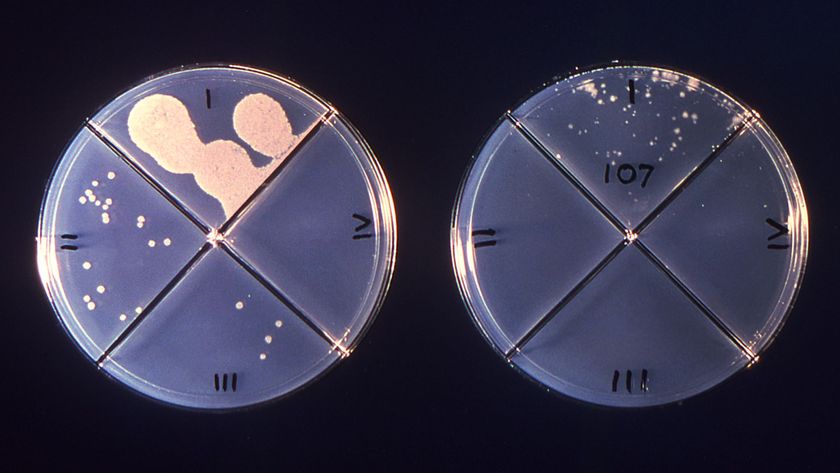Poop Transplants: How Well Do They Really Work?

The benefits of "poop transplants" for treating the bacterial infection Clostridium difficile may not be quite as great as some recent studies have suggested, researchers responding to a study on the treatment published earlier this year say.
The study, published in the New England Journal of Medicine in January, tested the effectiveness of fecal transplants in patients with recurring Clostridium difficile (or C. diff), a condition that causes severe diarrhea. During fecal transplants, fecal matter from a donor is mixed with water and delivered to patients' colons through a tube.
The study found 81 percent of patients who received a fecal transplant were cured of their condition after 10 weeks, compared with just 31 percent of patients who received standard treatment with the antibiotic vancomycin. [See 5 Ways Your Poop Can Advise You on Health.]
While Dr. Trevor Van Schooneveld, an assistant professor of infectious disease at the Nebraska Medical Center's Department of Internal Medicine, applauds the study's efforts, he said that the small number of participants in the study may have made the therapy seem more effective than it really was.
The study originally planned to include 80 people, but it was stopped early, and as a result, only included 40 people, Van Schooneveld said.
Small studies like these often show very strong treatment effects that don't hold up in larger studies, Van Schooneveld said. That's because, when you have a small number of people, small differences between the two groups can skew the results, he said.
It would have been ideal if the current study continued to enroll participants until it got 80 people so that the results would have been more rigorous, Van Schooneveld said.
Sign up for the Live Science daily newsletter now
Get the world’s most fascinating discoveries delivered straight to your inbox.
Van Schooneveld and his colleagues discuss their concerns about the study in a letter that will be published tomorrow (May 30) in the New England Journal of Medicine.
Van Schooneveld said he thinks the therapy really does work, and he suspects the study would have had a similar result if it was continued, although the effect might not have been quite as strong.
Participants in the study also had poorer rates of recovery when using antibiotic treatment than seen in previous studies, but this may have been because many of the participants had already tried and failed antibiotics several times, Van Schooneveld said.
In another letter, also to be published tomorrow, Dr. Jason Hataye, of the National Institutes of Health, and colleagues said the small number of participants in this study means that the treatments' side effects need to be further evaluated.
Researchers say the treatment works by restoring the right balance of bacteria in participants' guts to fend off the pathogenic Clostridium difficile.
Follow Rachael Rettner @RachaelRettner. Follow MyHealthNewsDaily @MyHealth_MHND, Facebook & Google+. Originally published on Live Science.

Rachael is a Live Science contributor, and was a former channel editor and senior writer for Live Science between 2010 and 2022. She has a master's degree in journalism from New York University's Science, Health and Environmental Reporting Program. She also holds a B.S. in molecular biology and an M.S. in biology from the University of California, San Diego. Her work has appeared in Scienceline, The Washington Post and Scientific American.











